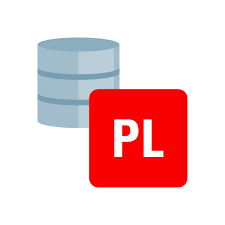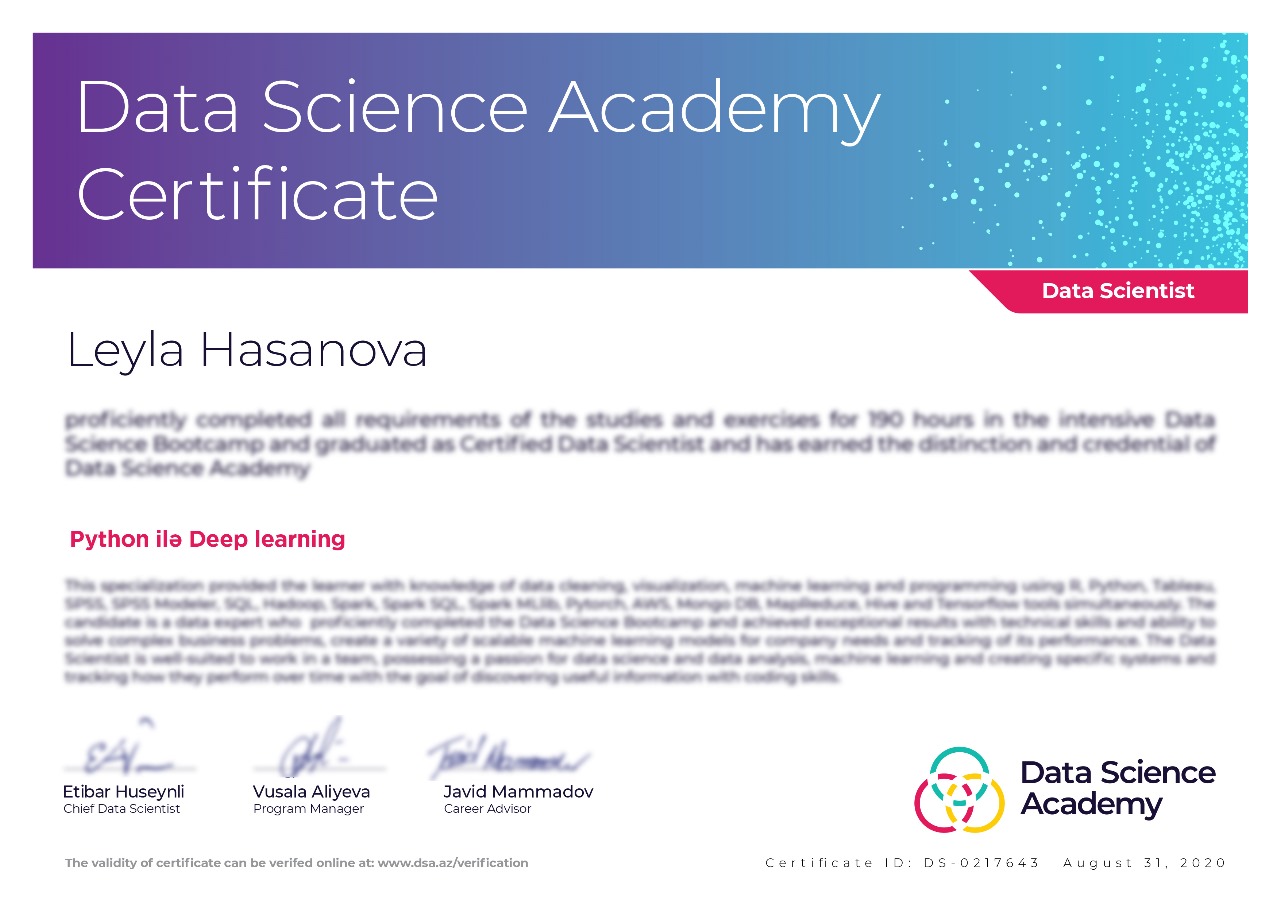
Database programming with PL/SQL
The database programming industry is a dynamic and crucial component of the IT and data management sector. Professionals in this field play a pivotal role in designing, optimizing, and maintaining databases, ensuring data integrity, security, and accessibility. Course attendees can look forward to a range of career opportunities upon completion, including roles as database administrators, data analysts, database architects, business intelligence developers, and data engineers. They may also find opportunities in database consulting, data warehousing, and data science. With the ever-increasing importance of data in decision-making, organizations across various industries are seeking skilled database modelers to manage and leverage their data effectively. This course equips participants with the knowledge and skills necessary to pursue diverse and rewarding career paths in this thriving industry.
Training table
Information about the training
In the era of rapidly growing Data Analytics and Artificial Intelligence, companies that do not have proper Data Management and place it as a secondary priority have experienced significant losses. Nowadays, most companies are starting to fully understand the importance of data management. Data Management ensures accurate, fast, secure, cost-effective, and reliable access to data. Without these, there can be no talk of analytics or artificial intelligence. In the Data Management training program, you will learn the fundamental concepts of Database Management using Microsoft SQL Server technology. Participants will learn to create procedures and functions, manage database errors, and optimize database performance using T-SQL. The training will cover important topics such as creating triggers and transactions, scheduling SQL tasks, index design, and scalability. This hands-on approach will transform participants into professionals in SQL Server Database Management and help them build a successful career in a short period of time.
Who is this training for?
- Data leaders
- Data analysts
- Data engineers
- Programmers
- Data science specialists
- Students
Certificate
It provides a certificate to those who complete the training as Certified Data Scientist and others. You can see a sample certificate on the right.

SQL vs PL SQL
SQL vs PL SQL
Intellipaat
In this video on SQL vs PL/SQL you will understand about the difference between these two and which one should you use for better performance. So in this PLSQL vs SQL comparison some important parameters have been taken into consideration to tell you the difference between SQL and PLSQL & also which one is preferred over the other in certain aspects in detail.
Syllabus
Session 1
Fundamentals of PL/SQL
Benefits of PL/SQL
Creating Blocks in PL/SQL
Declaring Variables and Data Types
Using Variables in PL/SQL
Recognizing Lexical Units in PL/SQL
Identifying Data Types
Using Scalar Data Types
Writing Executable Reports in PL/SQL
Nested Blocks and Variable Scope
Good Programming Practices
Using SQL within PL/SQL
Reviewing SQL DML
Fetching Data in PL/SQL
Performing Operations on Data in PL/SQL
Using Transaction Control Statements
Case Study 1
Streamlining Sales Order Processing
Implement PL/SQL scripts to automate sales order entry, inventory management, and customer information updates, streamlining the retail company's sales order processing system.
Session 2
Program Structures for Controlling Execution Flow
Conditional Control: IF Statement
Conditional Control: CASE Statements
Iterative Control: Simple Loops
Iterative Control: WHILE and FOR Loops
Iterative Control: Nested Loops
Using Composite Data Types
User-Defined Records
Indexing Tables of Records
Using Cursors and Parameters
Introduction to Explicit Cursors
Explicit Cursor Attributes
Cursor FOR Loop
Parameterized Cursors
Using Cursors for UPDATE
Case Study 2
Inventory Management System Optimization
Optimize an inventory system by implementing conditional and iterative control structures, utilizing composite data types, and leveraging cursors with parameters.
Session 3
Using Different Cursors and Error Handling
Managing Exceptions
Resolving Oracle Server Exceptions
User-Defined Exceptions
Determining the Scope of Exceptions
Using and Managing Procedures
Creating Procedures
Using Parameters in Procedures
Passing Parameters
Using and Managing Functions
Creating Functions
Using Functions in SQL
Review of the Data Dictionary
Using Procedures and Functions
Reviewing Object Privileges
Using Invoker Rights and Autonomous Transactions
Case Study 3
Improving efficiency of the inventory management system of a retail company
Implement exception handling, create and manage procedures and functions to improve efficiency of the inventory management system.
Session 4
Using and Managing Packages
Creating Packages
Managing Package Concepts
Advanced Package Concepts
Getting the Best out of Packages
Persistent State of Package Variables
Using Oracle-Provided Packages
Improving PL/SQL Performance
Using Dynamic SQL
Enhancing PL/SQL Performance
Using and Managing Triggers
Introduction to Triggers
Creating DML Triggers, Part I
Creating DML Triggers, Part II
Creating DDL and Database Event Triggers
Managing Triggers
Case Study 4
Maximizing Database Performance and Trigger Management
Optimize a retail company’s database system by effectively creating and managing PL/SQL packages and triggers.
Session 5
Recognizing and Managing Dependencies
Introduction to Dependencies
Understanding Remote Dependencies
Using the PL/SQL Compiler
Using PL/SQL Initialization Parameters
Displaying Compiler Warning Messages
Using Conditional Compilation
Hiding Your Source Code
Case Study 5
Enhancing Code Dependencies Management
Using PL/SQL initialization parameters, displaying compiler warning messages and applying conditional compilation optimize codebase management.
Trainers
Bahruz Gasimov
EXPERT FOR DATA QUALITY AND ASSURANCE MANAGEMENT, PASHA BANKOur professional trainer Bahruz Gasimov currently works as an “Expert in Data Quality and Assurance Management” at Pasha Bank. He has also worked in the data field at companies such as TuranBank OJSC, Yapı Kredi Bank Azerbaijan, and Unibank, and has over 14 years of professional work experience.